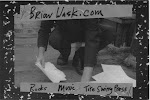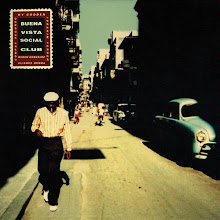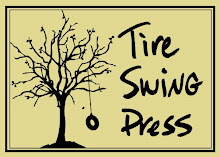by Brian Wask
Neither knew what it was like outside. Joe didn’t care. That kind of stuff doesn’t matter. I couldn’t wait to find out. I had plans. It was spring, but what kind of spring was still a mystery among the damp boxes, rusted-through paint cans and rigor-mortis cat corpses.
Joe refused to wear a mask, his lungs adjusted over the years, nasty cough to prove it. “You out all night,” he assumed. He didn’t care who his brother John sent to help. Lately he sent me, from the neighborhood, rubbing my eyes and drinking coffee. Always smelled showered. “Listen. A dairy worker goes to work one morning,” Joe said.
I pulled off my dirty gloves. “Where’s he work?” I put them on the top shelf next to the staircase, the door shut, its borders sealed with duct tape because the toxic fumes could kill the customers leafing through color palates upstairs– Joe’s brother nearby encouraging them to take their time: Colors make us smile and they make us sad and they make bees choose what flowers to pollinate, John’ll tell anyone pondering between dulls and fruit colors. We could hear him through the vent covered with cardboard.
Joe continued: “A dairy worker works in a barn with cows. He milks ‘em. Listen, don’t talk just to hear yourself talk.”
I searched my pockets carefully. Didn’t want to get that smell on my pants. “I’m not talking to hear myself talk. I don’t know where he works. Can’t a dairy worker be the guy who delivers milk to people’s houses?”
“When’s the last time you saw a guy delivering milk to people’s houses?” Joe shoveled through a pile of wilted paint cans, eaten through by their own toxic contents. The smell clobbered his sinuses. Still, he didn’t feel like moaning. That’s what the family wanted.
I was thinking about the milkmen I'd seen in movies. “Last time I saw a milkman was the last time I saw someone milking a cow.” I found my cigarettes in the top of my sock, sweaty wet against my ankle, a matchbook suffocated beneath the cellophane. I put a smoke between my lips.
Joe was occupied with a tail, definitely attached to a cat, one of many seeking food but finding poison. “Just follow me. A dairy worker goes to work one morning.” He looked up, seen the smoke dangling from my lip. “What the fuck!” He slammed the metal of the shovel on the floor. “You about to blow us both to smithereens. Use your head.”
I appreciated the warning. I really did. “Sorry. That was scatterbrain.”
“Jesus Christ,” Joe breathed. “What the hell you trying to do? C’mon, you gotta be thinking. This shit’s dangerous.”
“Dude, I wasn’t thinking.” I put the cigarettes on the shelf, the matches next to them. “Sorry. Tell me the story.”
“It wasn’t a story. It’s a joke. Forget it.”
“Tell me.” I put my gloves on– much too big for my hands. I leaned against the shovel, handle end wedged under my arm.
“One more time. A dairy worker goes to work one morning.”
“And?”
“He smells something funny so he says to the cow standing above him, ‘Was that you?’ and the cow say’s back, ‘Sure was’.”
“The cow talks?” I was board leaning so I pushed the shovel, scraping an inch deep of solid chemicals against the wall.
“It’s a joke.”
“I got a good joke next.”
Joe thought about quitting. Walking up the stairs, pealing off the tape sealing the door and tossing his gloves at his brother on the way out. That would only prove the whole family right. No matter who the prick stuck him with he was staying put, putting up with whatever his dad recommended they do to get him to quit. “Listen to this one first,” Joe said, eyes encouraging.
“Go head.” I almost went for my smokes, forgot one second ago.
“Last time,” Joe said. “A dairy worker goes to work one morning. He gets down behind a cow, pulls on his milk things.”
“Her milk things,” I said.
“What?”
“A he wouldn’t have milk things.”
"It's a joke," Joe said behind clenched teeth. He dropped the shovel, climbed the stairs, peeled the tape into a ball and threw his gloves at his brother on the way out. Bells jingled behind him. The woman flipping though the color palates clamped her nose. John smiled.






